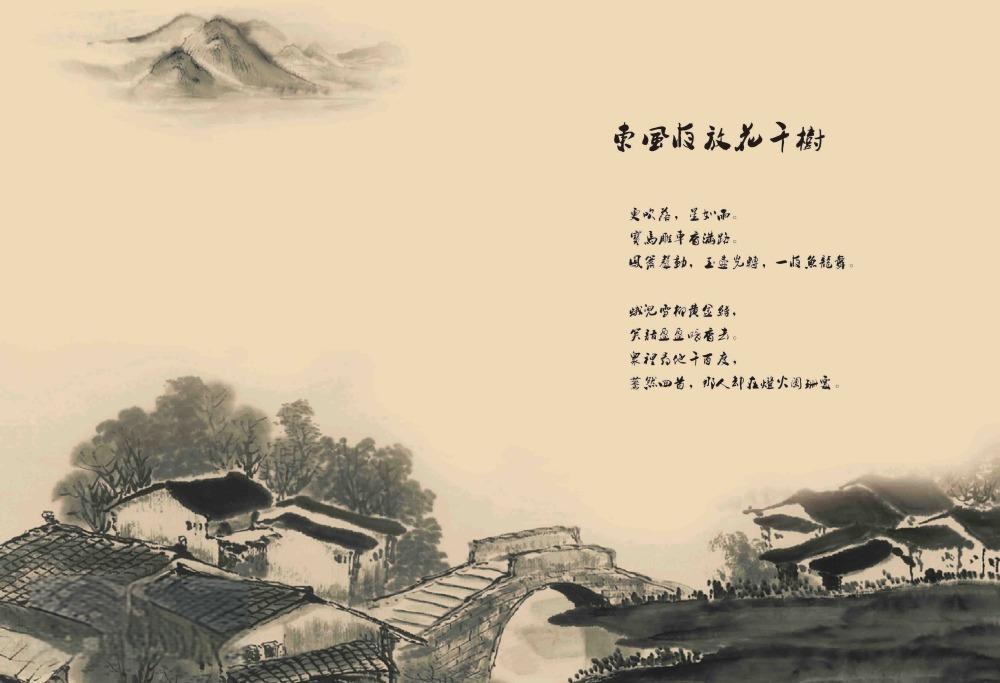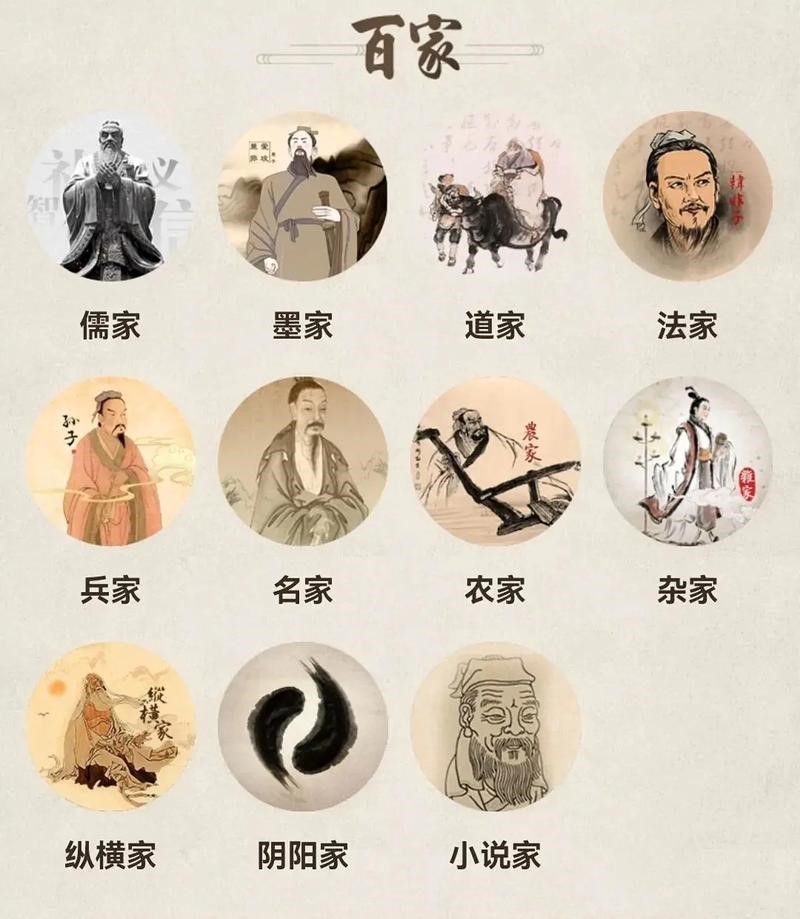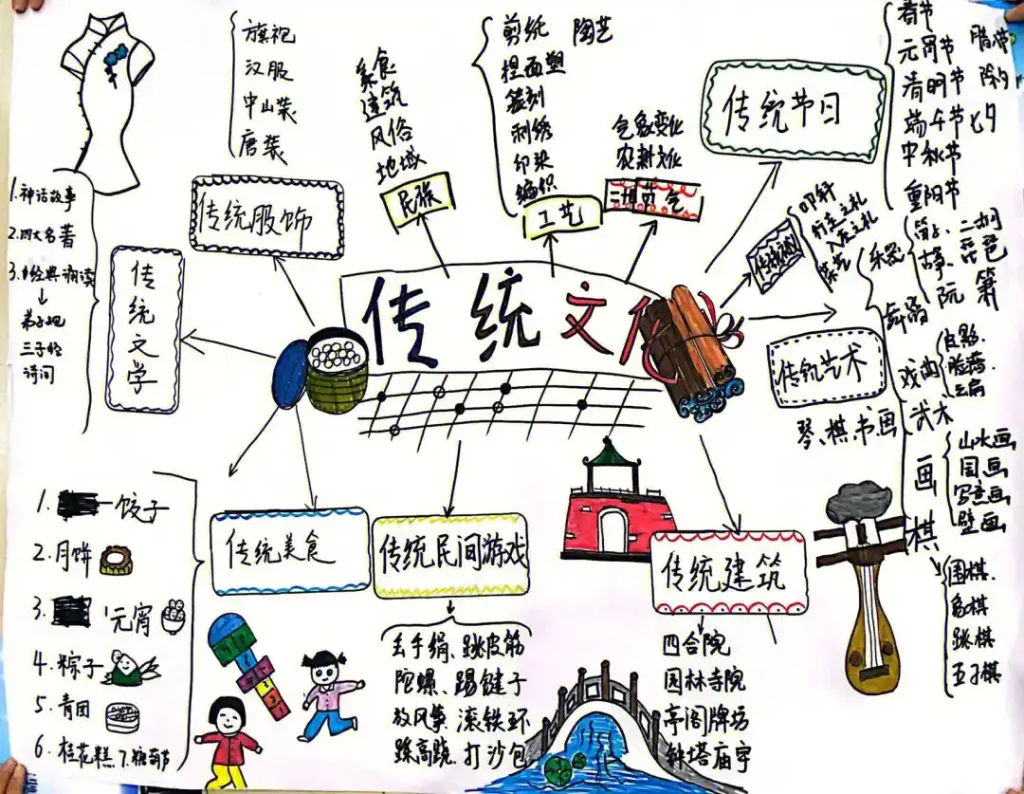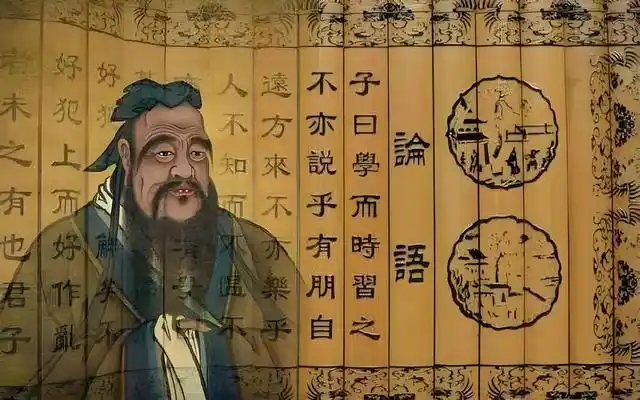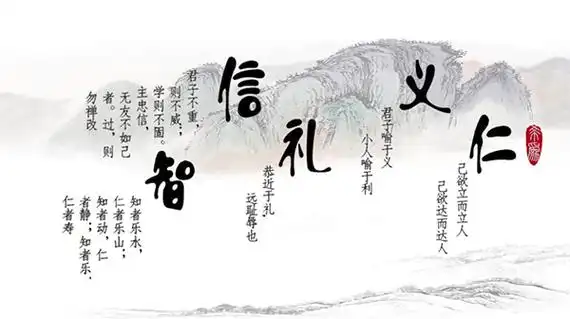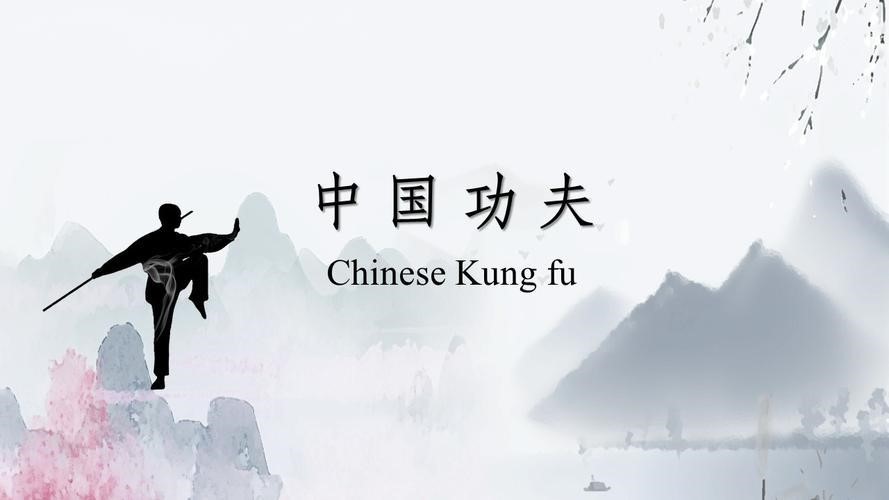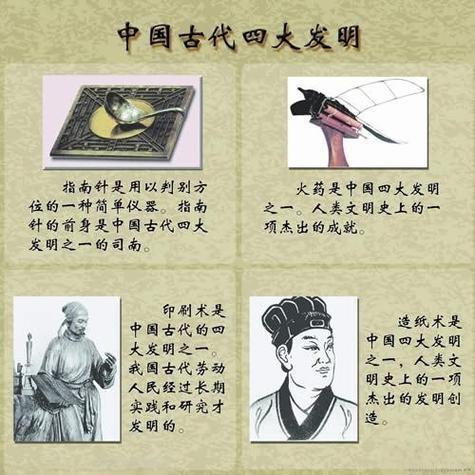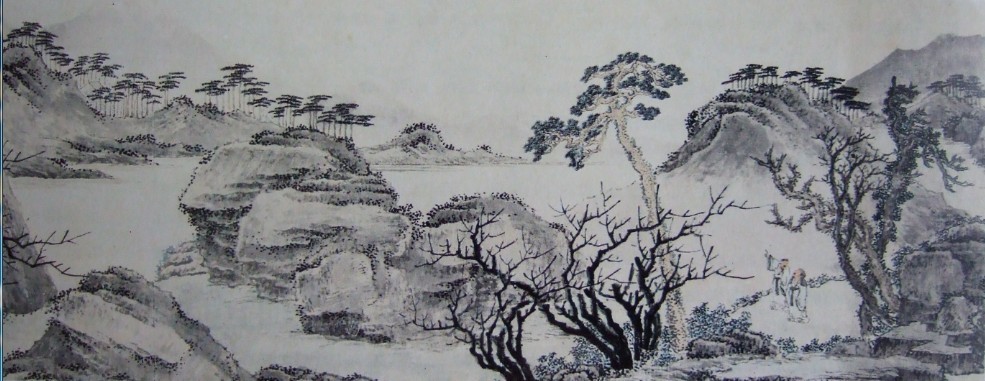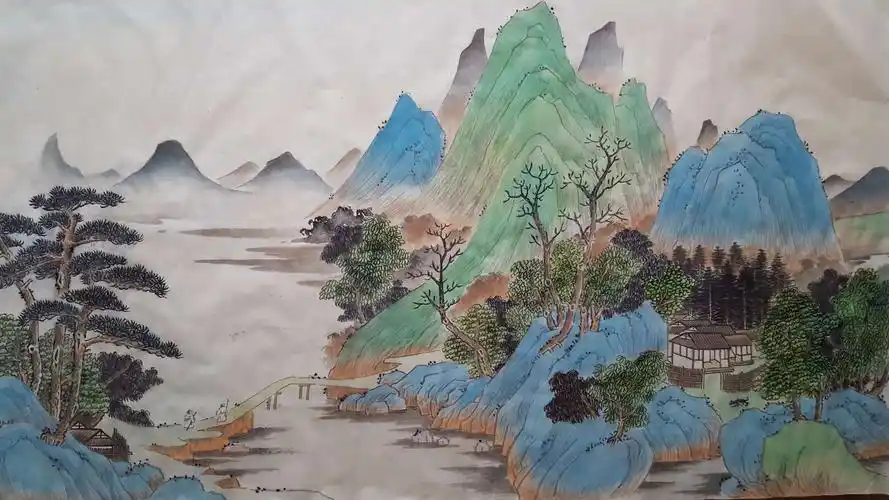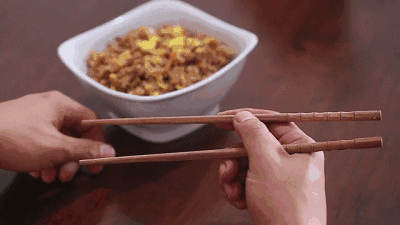China is a country with a long history and culture, with rich and colorful customs. These customs vary from region to region in China, and some of them are so special that they can even feel mysterious and strange. In this article, we will introduce some special Chinese customs and explain their origin and meaning.
1. Stick couplets on the Spring Festival
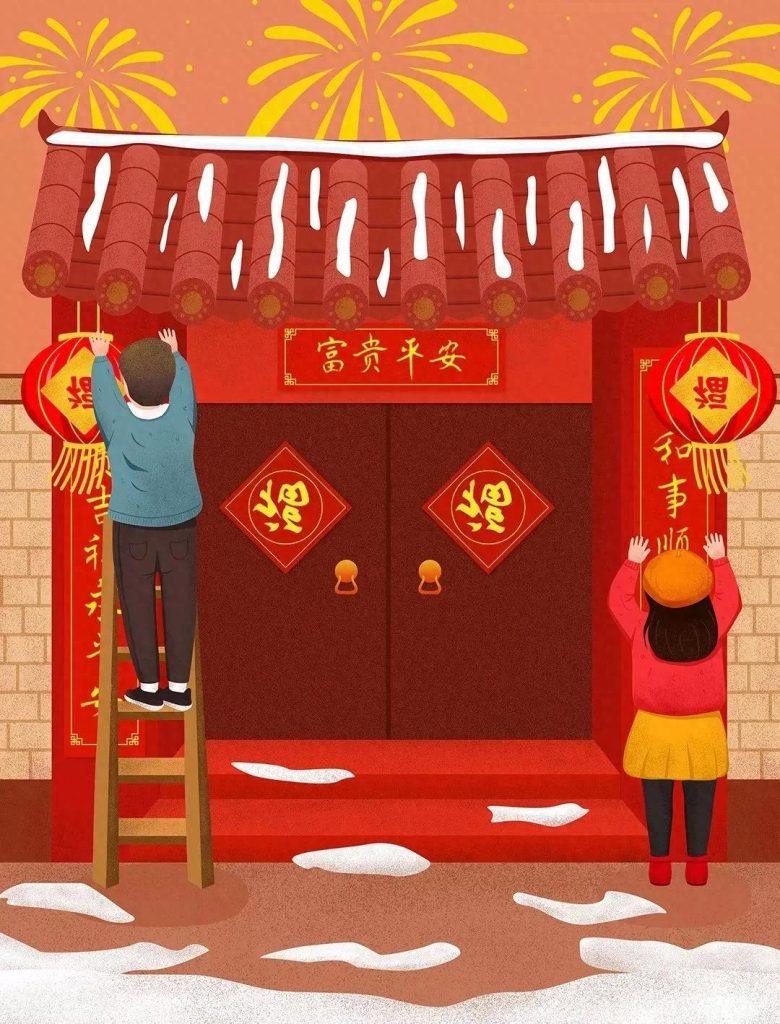
The Spring Festival is one of the most important traditional festivals in China, and pasting Spring couplets is one of the most important customs during the Spring Festival. Spring Festival couplets are red strips of paper with blessing words and auspicious patterns written on them. People usually put Spring Festival couplets on their doorsteps to pray for a safe, happy and smooth New Year. The origin of Spring couplets can be traced back to ancient peach charms, which later evolved into Spring couplets. In Chinese culture, red symbolizes auspiciousness, prosperity and good luck, so people use red to decorate their homes and themselves during the Spring Festival.
2. Eat zongzi during the Dragon Boat Festival
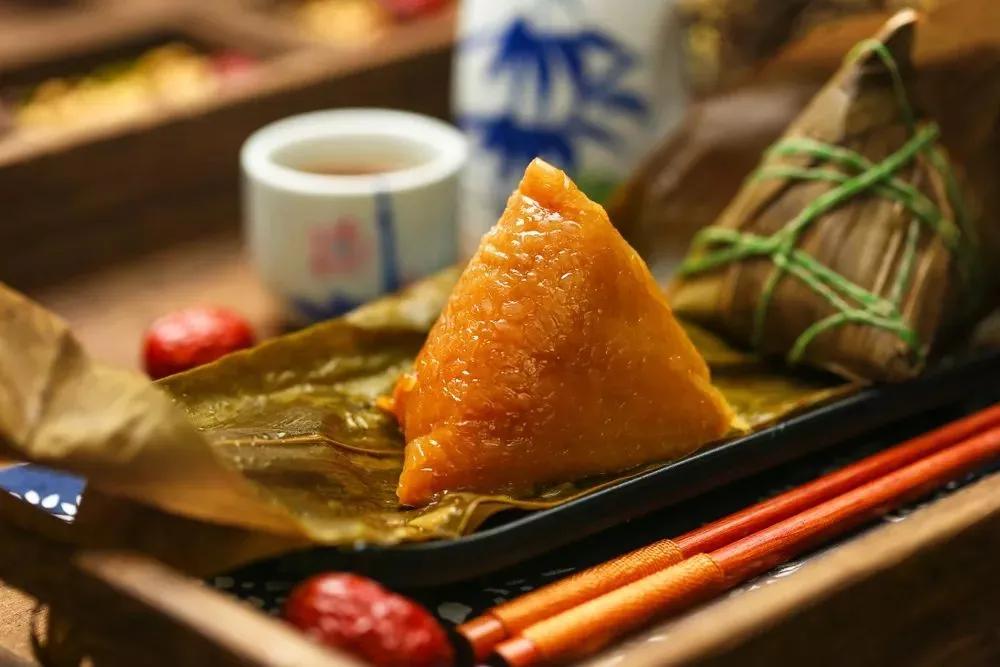
The Dragon Boat Festival is another important festival in China. It is also a festival to commemorate Qu Yuan. During this festival, people eat zongzi, one of the most famous traditional foods in China. Zongzi is made of glutinous rice and various fillings wrapped in bamboo or other plant leaves. People usually eat zongzi on the Dragon Boat Festival in memory of Qu Yuan and to celebrate the festival. The origin of zongzi can be traced back to ancient sacrifices that later evolved into what it is today. In Chinese culture, zongzi also symbolizes unity, harmony and harvest.
3. Enjoy the moon and eat moon cakes on the Mid-Autumn Festival
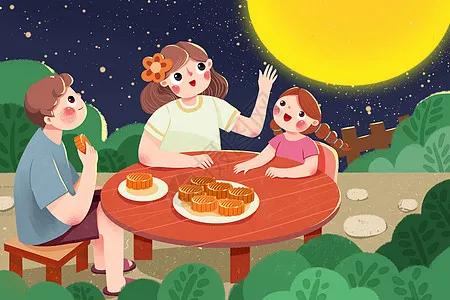
Mid-Autumn Festival is another important festival in China. It is also a time for family reunions. In this festival, people admire the moon and eat moon cakes. Mooncakes are round cakes usually filled with bean paste, lotus seed paste, egg yolk and other fillings. People usually eat moon cakes on this day to celebrate the festival and pray for family reunion. Appreciating the moon is one of the most important customs of the Mid-Autumn Festival, where people enjoy the bright moon at night and pray for family happiness and a better future. The custom of appreciating the moon can be traced back to the ancient ritual of offering sacrifices to the moon, which later evolved into what it is today. In Chinese culture, the moon also symbolizes reunion, homesickness and love.
4. Climb high and admire the chrysanthemums on the Double Ninth Festival
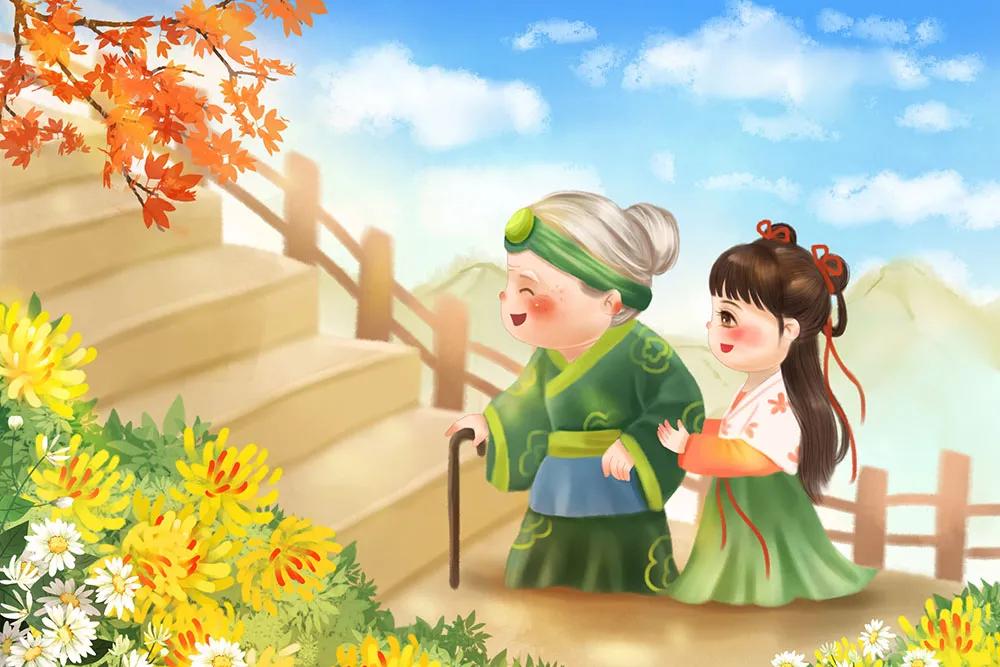
The Double Ninth Festival is one of the traditional Chinese festivals. It is usually celebrated on the ninth day of the ninth lunar month. In this festival, people will climb high and admire the chrysanthemum. Chrysanthemum is an important element in traditional Chinese culture and is considered auspicious. People usually admire chrysanthemums and climb into the distance on the Double Ninth Festival to pray for health, longevity, peace and happiness. Climbing heights is a traditional custom in ancient Chinese culture, which is believed to ward off evil spirits, pray for good luck, health and longevity. In Chinese culture, the chrysanthemum also symbolizes purity, elegance and loyalty.
5. Laba festival drink Laba porridge
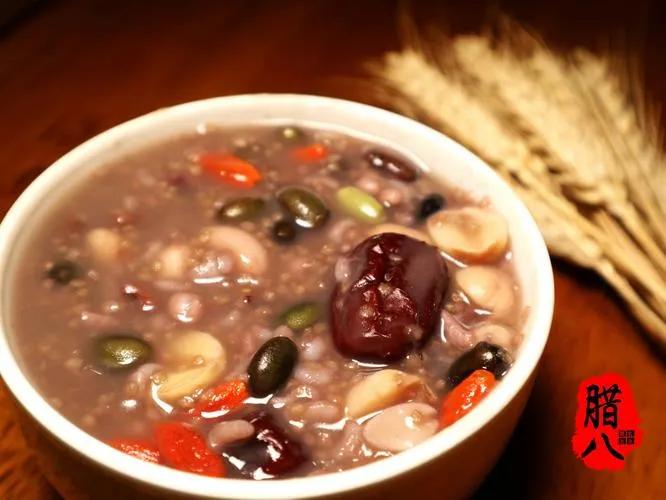
Laba Festival is one of the traditional Chinese festivals, usually celebrated on the eighth day of the twelfth lunar month. During this festival, people will eat Laba porridge. Laba porridge is a kind of porridge made of various grains and beans, which has rich nutritional value. People usually eat Laba porridge on the Laba Festival to celebrate the festival and pray for health, longevity, peace, happiness and a rich harvest. The origins of Laba porridge can be traced back to the ancient sacrificial rites, which later evolved into what it is today. In Chinese culture, multi-grain symbolizes harvest and prosperity, as well as unity and harmony.
The above are some special customs and habits of China, which not only reflect the long history and cultural traditions of China, but also reflect the pursuit and belief of the Chinese people for happiness, health, reunion and other beautiful things. Although these customs seem simple and easy to understand, the cultural connotation and historical significance contained in them are very far-reaching.
